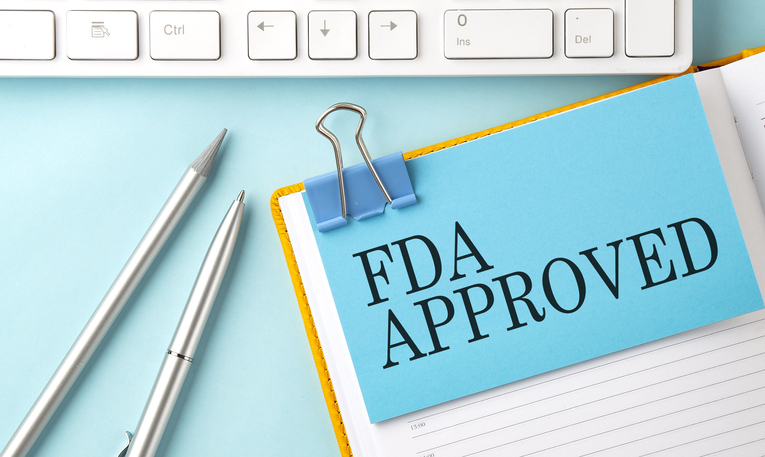
Previous research has indicated that there is an elevated risk for a heart attack early on in a period of bereavement (sometimes called having “broken heart” syndrome). However, new research suggests that preventing this outcome may be as simple as taking two common drugs.
“Bereavement following the death of a loved one is one of the most stressful experiences to which almost every human is exposed,” said lead investigator Geoffrey Tofler, Professor of Preventative Cardiology at the University of Sydney’s Faculty of Medicine and Health, and Senior Staff Cardiologist at Royal North Shore Hospital, said in a news release. “Our study is the first clinical trial to examine how the cardiac risk factors could be mitigated during early bereavement.”
The researchers, publishing in the American Heart Journal, conducted a randomized clinical trial of 85 recently bereaved participants (73 for spouses and 12 for parents; 55 females and 30 males; average age, 66 years) to determine whether a beta-blocker (metropolol 25 mg) and aspirin (100 mg) were able to reduce cardiovascular risk markers and anxiety without interfering with or affecting bereavement intensity. Participants were assessed within two weeks of bereavement and randomized to six weeks of treatment with either placebo or daily treatment with the metropolol/aspirin combination therapy.
Bereavement-related Heart Attack Risk Lessened
According to the results, those taking the metropolol and aspirin had lower home systolic levels (P=0.03), a lower average 24-hour heart rate (P<0.001), and lower anxiety platelet response to arachidonic acid (P<0.001), as well as reduced depression symptoms (P=0.046), compared to placebo. The authors reported no difference in standard deviation of NN intervals index (SDNNi), von Willebrand Factor antigen, platelet-granulocyte aggregates, or bereavement intensity. There were also no adverse effects on safety.
“Our finding on the potentially protective benefit of this treatment is also a good reminder for clinicians to consider the well-being of the bereaved,” said co-author Tom Buckley, of the University of Sydney Susan Wakil School of Nursing and Midwifery, in a press release. “Future studies are needed to assess if these medications could be used for other short periods of severe emotional stress such as after natural disasters or mass bereavement where currently there are no guidelines to inform clinicians.”
Fascinating study, cant have been easy to do! Clinical impact TBD but my guess would be minimal. The effect of METOPROLOL and aspirin on cardiovascular risk in bereave… https://t.co/Q0KCfPVhgl
— John William McEvoy (@johnwmcevoy) December 11, 2019
Very interesting study- psycho-cardiology sounds fancy, but the term fits & makes sense- so many deaths happen shortly after someone loses a loved one, fascinating idea to try to prevent these secondary deaths w/ beta blockade+ASA: https://t.co/PQuupf2Cjg
— Miles Berger (@RealMilesBerger) November 23, 2019







 © 2025 Mashup Media, LLC, a Formedics Property. All Rights Reserved.
© 2025 Mashup Media, LLC, a Formedics Property. All Rights Reserved.